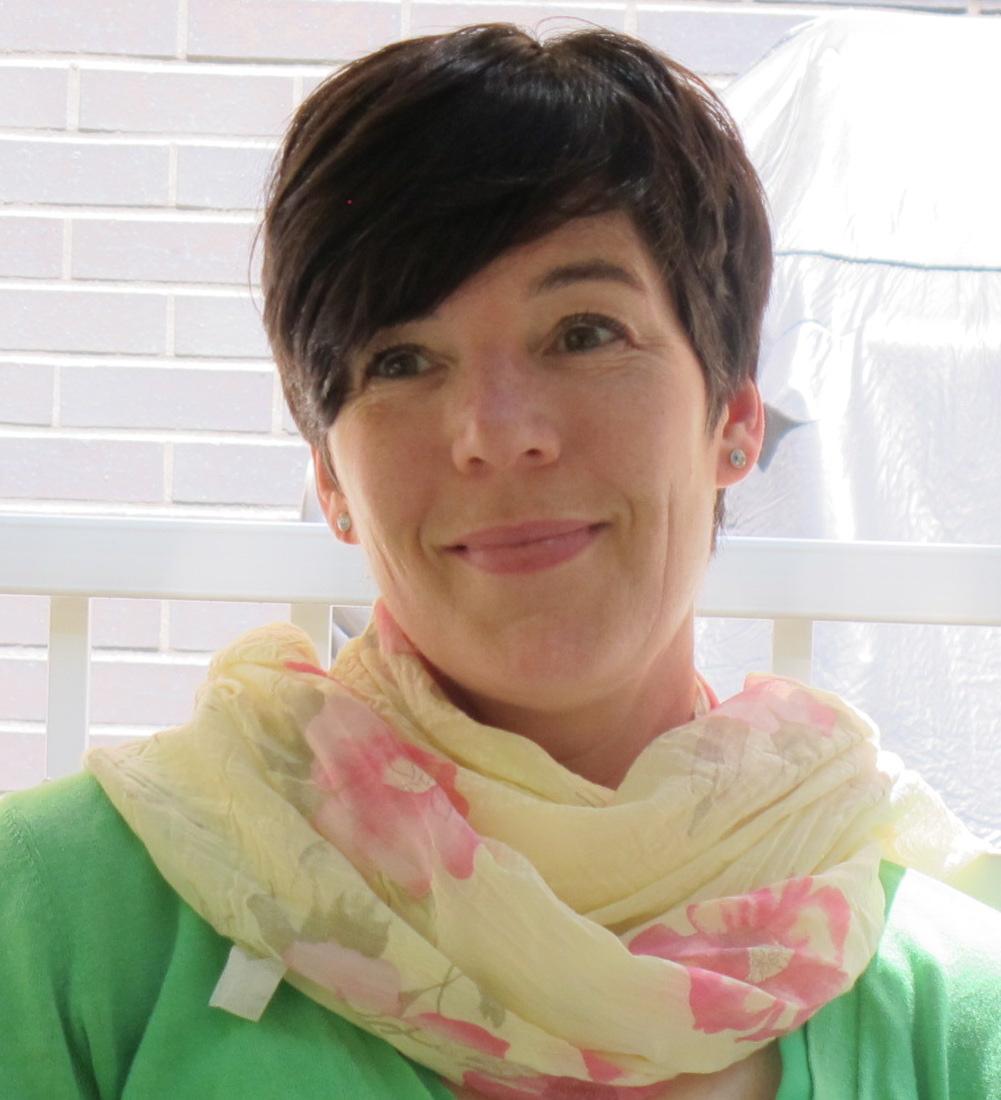Laura Endacott
Part Time Teaching
Department: Studio Arts
Faculty: Fine Arts

| Phone: | (514) 848-2424 | |
| Email: | laura.endacott@concordia.ca | |
| Website(s): |
Laura Endacott |
|
Expertise:
Cloth fabric, feminism, installation, contemporary art, fashion history, public space, community involvement, relational aesthetics, The 'Mother' Image in Art, Surface Treatment of Textiles as an Art Medium
Language(s) spoken:
English, French (able to conduct interviews in French)
Professional associations:
MA, BFA
Laura Endacott is a practicing artist whose research speaks to the contemporary mother and how it is linked to social movements, cultural activism and intellectual histories that challenge, yet enable the category of maternal art histories, as a site for knowledge production today. Her MA SIP degree (Specialized Individual Programs) combined Studio Art Production and Art History, and she is one of a few artist scholars in Canada, that explores and teaches the critical work that deals with the complex representations of the mother image. Her activities include her practice, her teaching, conference presentations and writing. Her recent work considers the body as an archive. As such she is interested in social life and articulations of agency using performance. She considers her work to be in the tradition of storytelling.
Her large-scale sculptures, performances and installations are part of an interdisciplinary practice. Her work has been included in a new anthology entitled Performing Motherhood (2014) and she has exhibited in museums such as The Orillia Museum of Art & History (2014), Le Musée des maîtres et artisans du Québec (2009) and The Textile Museum of Canada (2000). Her work has been included in artist-run galleries as well as non-traditional spaces such as the bankonart.net (2010), The Gladstone Hotel (2008) along with online exhibitions such as ArtWiki: Open Data for the Arts (2012). In 2014, the textiles objects she produced and that were used in a series of performances she staged in public space, were collected into the permanent collection of the Musée des maîtres et artisans du Québec. It was the first time any craft object linked to contemporary performative work was included in their collection, which represents the largest craft collection in Quebec.